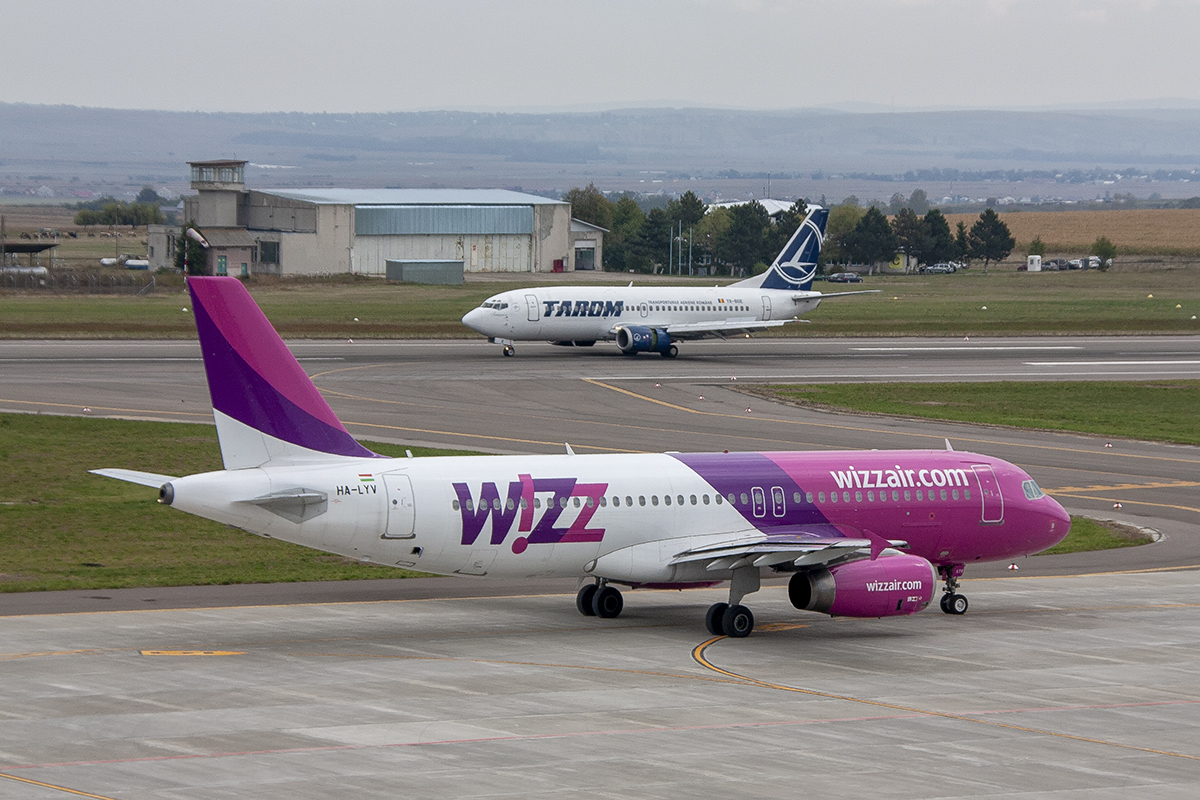In collaboration with Firefly, Wizz Air has set a new goal to power 10 per cent of its flights with sustainable aviation fuel (SAF) made from recycled waste materials by 2030. This ambitious target signifies a major leap forward in Wizz Air’s sustainability plan, further solidifying the air carrier’s commitment to developing sustainable aviation fuel.
Firefly, a British sustainable aviation company, announced a new process to transform treated wastewater into eco-friendly aeroplane fuel, known as sustainable aviation fuel (SAF). Wizz Air solidified its commitment to sustainable aviation by placing a substantial order for Firefly’s waste-derived fuel.
Wizz Air has made its first equity investment in sustainable aviation fuel (SAF) research and development with a £5 million (R114,5m) investment in biofuel company, Firefly. pic.twitter.com/IhYIDTm48s
— TAG Travel Assignment Group (@TAGTravel_Za) May 3, 2023
This multi-year agreement, potentially reaching hundreds of millions of pounds, secures up to 525,000 tonnes of eco-friendly fuel over the next 15 years. Firefly and its industrial partners for a pilot refinery in Harwich have partnered with Anglian Water. This collaboration involves transforming treated sewage sludge, known as biosolids, into clean-burning jet fuel.
According to the folks at The Guardian, the coming decade will witness a major shift towards sustainable aviation fuel (SAF), with airlines facing regulations mandating minimum usage. The EU is mandating a minimum of 20 per cent sustainable aviation fuel (SAF) by 2035, and the UK is expected to follow suit with a 10 per cent SAF requirement by 2030.
While numerous methods exist for producing SAF, the cost still needs to be solved. Unlike conventional jet fuel, SAF production utilises various processes, but most are significantly more expensive due to the limited availability of suitable waste resources like used cooking oil.
Pioneering the use of waste-based fuel
Firefly’s COO, Paul Hilditch, highlights the potential of sewage as a readily available and cost-effective feedstock for SAF. Hilditch estimates this process, utilising “biosolids” (the treated wastewater byproduct), could fulfil up to 5 per cent of the UK’s airline fuel needs.
The top executive describes biosolids as having a texture similar to compost or moist chocolate cake. “There’s millions of tonnes of the stuff. And it has no intrinsic value,” he said. Firefly has successfully produced small batches of SAF during testing.
These samples have jet fuel-like chemical properties, according to Hilditch. Aside from this, the processing yields a byproduct that is usable as a soil improver. However, regulatory approval is still pending, and Firefly requires further investment to construct a full-scale production facility.
Firefly’s CEO, James Hygate, expressed the company’s confidence in potentially supplying commercial quantities of SAF by 2028-29. Hygate said the initial facility in Harwich would cater to London airports, with the possibility of two additional facilities in the UK.
The promise of sustainable aviation with Firefly’s technology
“We’re turning sewage into jet fuel, and I can’t think of many things that are cooler than that,” he commented. Wizz Air’s corporate and ESG officer, Yvonne Moynihan, said: “Alongside fleet renewal and operational efficiency, SAF plays a crucial role in reducing carbon emissions from aviation.”
According to Moynihan, Wizz Air’s investment in Firefly perfectly complements its low-cost business model. Furthermore, the airline has set an ambitious target of using 10 per cent SAF across its entire network by 2030. However, achieving this goal hinges on significant SAF production and distribution increases.
Interviewer: “A new study shows the world’s richest 1% account for more carbon emissions than the poorest 66%.”
Bill Gates: “I spend about 9 million a year buying sustainable aviation fuel, to cancel out my footprint.”
Make no mistake: The “CO2 will lead to climate… pic.twitter.com/7ZvX8nE5Os
— Wide Awake Media (@wideawake_media) April 11, 2024
Last year, the UK announced that it granted Virgin Atlantic a permit for a groundbreaking transatlantic flight, touted as the first in the world to be powered entirely by SAF. The UK government aims to have five commercial-scale SAF production facilities under construction in the UK by 2025.
However, some environmental groups argue that even utilising human waste as a fuel source is only a partially sustainable long-term solution.
Despite the criticism, an Airbus executive announced in 2023 that Airbus SE and Qantas Airways Ltd. were nearing the first investment from their $200 million fund dedicated to developing a SAF industry in Australia.







